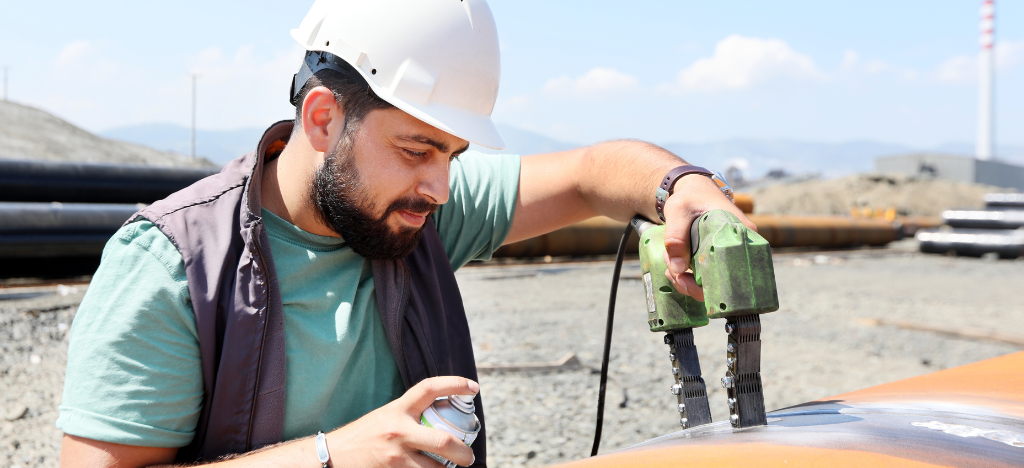The Role of Inspections in the Oil & Gas Industry
The oil and gas industry is a vital sector that powers economies and fuels progress globally. With its complex operations, safety considerations, and stringent regulations, the industry heavily relies on inspections to ensure operational integrity and maintain a safe working environment. In this blog post, we will delve into the crucial role inspections play in the oil and gas industry, highlighting their significance in ensuring compliance, mitigating risks, and safeguarding both personnel and the environment.
Ensuring Regulatory Compliance
The oil and gas industry operates within a highly regulated landscape to protect human health, safety, and the environment. Inspections are critical in ensuring compliance with regulations imposed by various governing bodies. Rigorous inspections verify adherence to standards such as Occupational Safety and Health Administration (OSHA) guidelines, environmental regulations, and industry-specific codes of practice. Regular inspections help identify potential non-compliance issues, enabling prompt corrective actions and preventing regulatory violations.
Maintaining Operational Integrity
Operational integrity is paramount in the oil and gas industry, where equipment failures or operational errors can have severe consequences. Inspections play a critical role in monitoring and assessing the integrity of assets such as drilling rigs, pipelines, storage tanks, and refineries. Through various inspection techniques, including visual assessments, non-destructive testing, and integrity management systems, companies can identify potential defects, corrosion, or structural issues. Timely inspections enable proactive maintenance and repair, ensuring the reliability, longevity, and safety of assets.
Enhancing Operational Integrity
Operational integrity is paramount in the oil and gas industry to prevent accidents, equipment failures, and costly downtime. Inspections play a pivotal role in monitoring and assessing the integrity of critical assets such as pipelines, storage tanks, drilling equipment, and offshore structures. These inspections range from visual assessments to sophisticated non-destructive testing techniques. By identifying defects, corrosion, or other integrity concerns, inspections allow operators to proactively address issues, reduce the risk of equipment failure, and ensure the longevity and reliability of infrastructure.
Managing Health, Safety, and Environmental Risks
The oil and gas industry operates in inherently hazardous environments, making health, safety, and environmental risks a top priority. Inspections play a crucial role in identifying potential hazards, assessing risk levels, and implementing appropriate controls. Regular inspections of facilities, equipment, and processes help identify potential safety hazards, such as leaks, faulty valves, or outdated safety equipment. Additionally, inspections ensure compliance with environmental standards, monitoring factors like air emissions, water quality, and waste management practices. By proactively managing risks through inspections, the industry can protect its workforce, neighboring communities, and the environment.
Preventing Costly Equipment Failures
Equipment failure in the oil and gas industry can lead to significant financial losses, environmental damage, and potential harm to personnel. Inspections act as a preventive measure by monitoring the condition and performance of critical equipment. By implementing predictive maintenance strategies, inspections can detect early signs of equipment degradation, allowing for timely repairs or replacements. This proactive approach reduces the likelihood of sudden breakdowns, unplanned shutdowns, and costly production interruptions.
Conclusion
In the oil and gas industry, inspections are an integral part of maintaining operational excellence, ensuring regulatory compliance, and mitigating risks. By actively monitoring and assessing equipment, processes, and infrastructure, inspections help identify potential issues before they escalate into major incidents. The industry’s commitment to rigorous inspections underscores its dedication to operational integrity, worker safety, and environmental stewardship. As the industry evolves and embraces technological advancements, inspections will continue to play a vital role in driving efficiency, minimizing risks, and contributing to the sustainable growth of the oil and gas sector.



